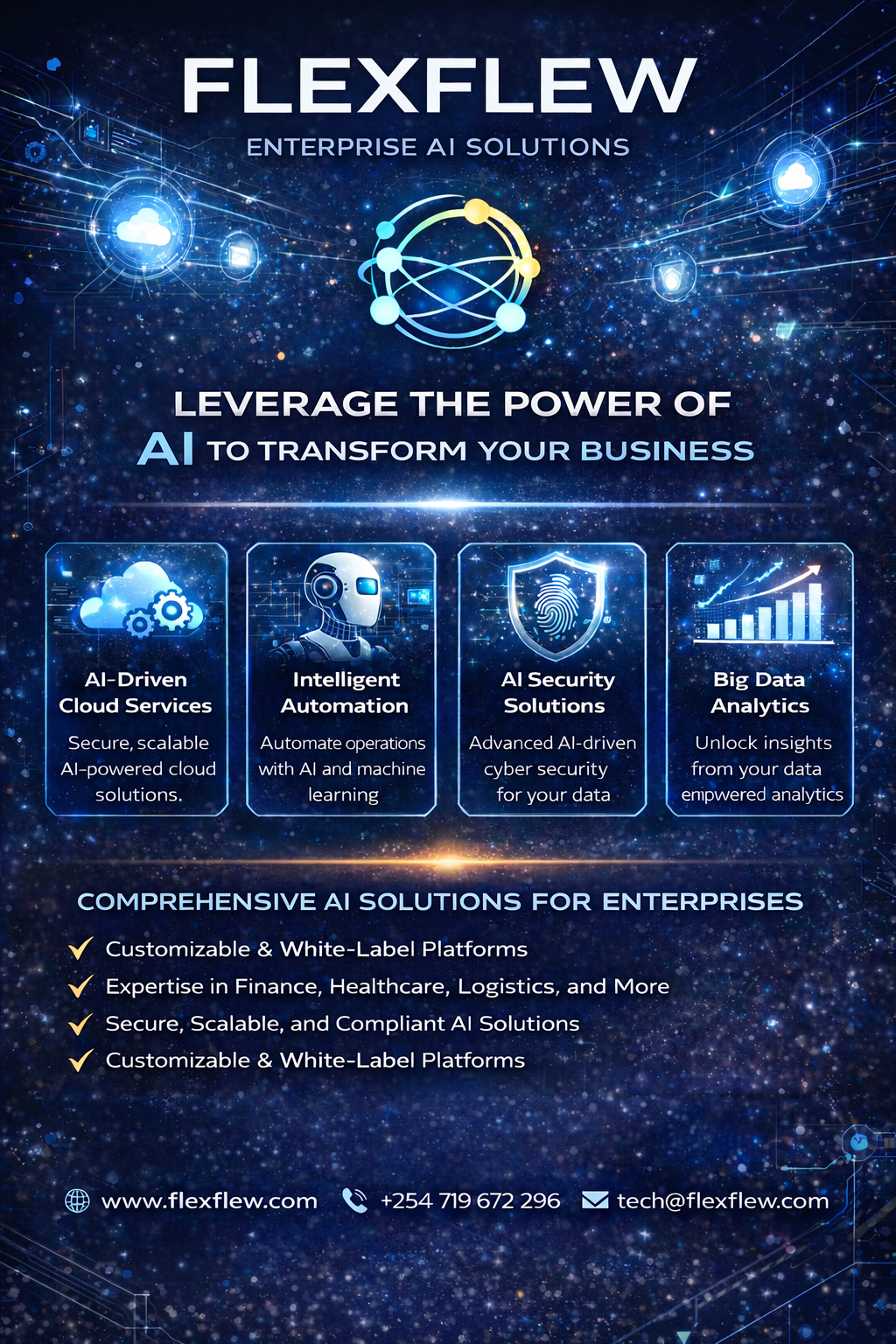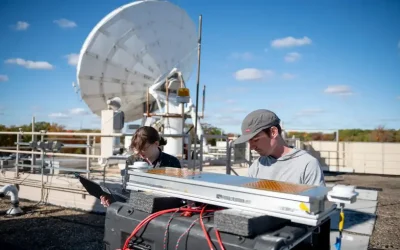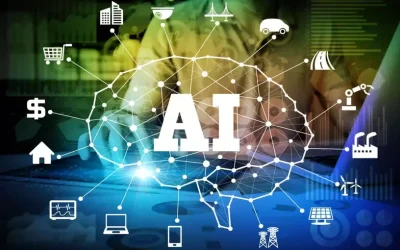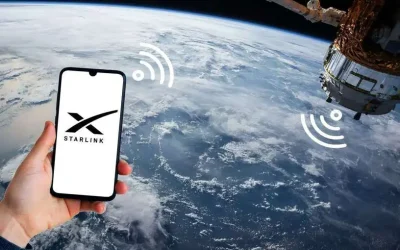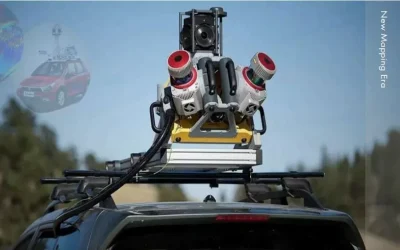What’s the Quantum Computing? The basics and applications
Quantum computing (QC) is a multidisciplinary field comprising aspects of computer science, physics, and mathematics that utilizes quantum mechanics to solve complex problems faster than on classical computers. QC is a revolutionary technology that leverages the principles of quantum mechanics to process information in ways that classical computers cannot. While classical computers use bits (which represent either 0 or 1), quantum computers use quantum bits, or qubits, which can exist in a superposition of states—meaning they can represent both 0 and 1 simultaneously. This allows quantum computers to perform complex calculations much more efficiently for certain problems.
What is a qubit?
Quantum bits, or qubits, are represented by quantum particles. The manipulation of qubits by control devices is at the core of a quantum computer’s processing power. Qubits in quantum computers are analogous to bits in classical computers. At its core, a classical machine’s processor does all its work by manipulating bits. Similarly, the quantum processor does all its work by processing qubits.
How are qubits different from classical bits?
In classical computing, a bit is an electronic signal that is either on or off. The value of the classical bit can thus be one (on) or zero (off). However, because the qubit is based on the laws of quantum mechanics it can be placed in a superposition of states.
Key Concepts in Quantum Computing
- Superposition: Qubits can exist in multiple states at once, unlike classical bits which are either 0 or 1. This enables quantum computers to explore many possibilities simultaneously.
- Entanglement: When qubits become entangled, the state of one qubit is directly related to the state of another, no matter the distance between them. This enables faster communication between qubits and contributes to the exponential speedup for certain calculations.
- Quantum Gates: Like logic gates in classical computing, quantum gates manipulate qubits. However, quantum gates operate on qubits in superposition, allowing for complex transformations of information.
- Quantum Algorithms: Algorithms such as Shor’s algorithm (for factoring large numbers) and Grover’s algorithm (for database search) show that quantum computers can potentially solve problems much faster than classical computers.
- Quantum Decoherence and Error Correction: One of the biggest challenges in quantum computing is maintaining the quantum state of qubits without interference from their environment. Quantum error correction techniques are being developed to address this issue.
SeitoBnB – Vacation Houses Listing Platform >>>
Cities & Towns: Nairobi, Mombasa, Kisumu, Nakuru, Eldoret, Kisii, Nyeri, Nanyuki, Kericho, Kiambu, Voi and more…
Components of a quantum computer?
Quantum computers have hardware and software, similar to a classical computer. The following are some of the key components of a quantum computer.
- Quantum hardware: Quantum hardware has three main components.
- Quantum data plane: The quantum data plane is the core of the quantum computer and includes the physical qubits and the structures required to hold them in place.
- Control and measurement plane: The control and measurement plane converts digital signals into analog or wave control signals. These analog signals perform the operations on the qubits in the quantum data plane.
- Control processor plane and host processor: The control processor plane implements the quantum algorithm or sequence of operations. The host processor interacts with the quantum software and provides a digital signal or classical bits sequence to the control and measurement plane.
- 2. Quantum software: Quantum software implements unique quantum algorithms using quantum circuits. A quantum circuit is a computing routine that defines a series of logical quantum operations on the underlying qubits. Developers can use various software development tools and libraries to code quantum algorithms.

Potential applications
- Cryptography: Quantum computers could break traditional encryption methods, but also lead to quantum encryption, which is more secure.
- Drug Discovery: Quantum computing could simulate molecular interactions at a scale and complexity far beyond current methods, accelerating pharmaceutical research.
- Optimization Problems: Many industries, from logistics to finance, rely on optimization. Quantum computers could solve these problems more efficiently.
- Artificial Intelligence and Machine Learning: Quantum computers could enhance machine learning algorithms by handling large datasets and complex models.
Current State
Currently, no quantum computer can perform a useful task faster, cheaper, or more efficiently than a classical computer. Quantum advantage is the threshold where we have built a quantum system that can perform operations that the best possible classical computer cannot simulate in any kind of reasonable time. QC is still in its infancy, with companies like IBM, Google, and others working on building quantum processors with more qubits and better error correction. While quantum computers are not yet ready for large-scale commercial use, research and development in this area are advancing rapidly.


